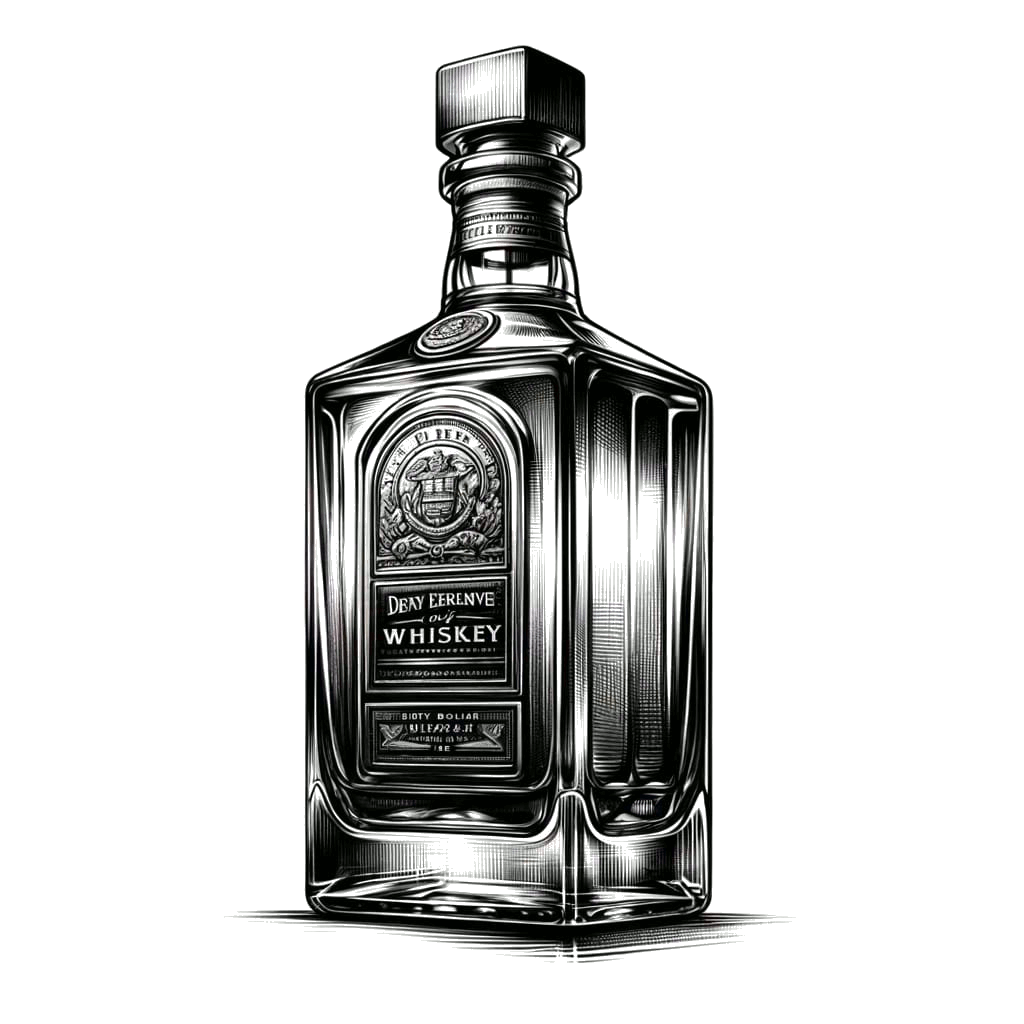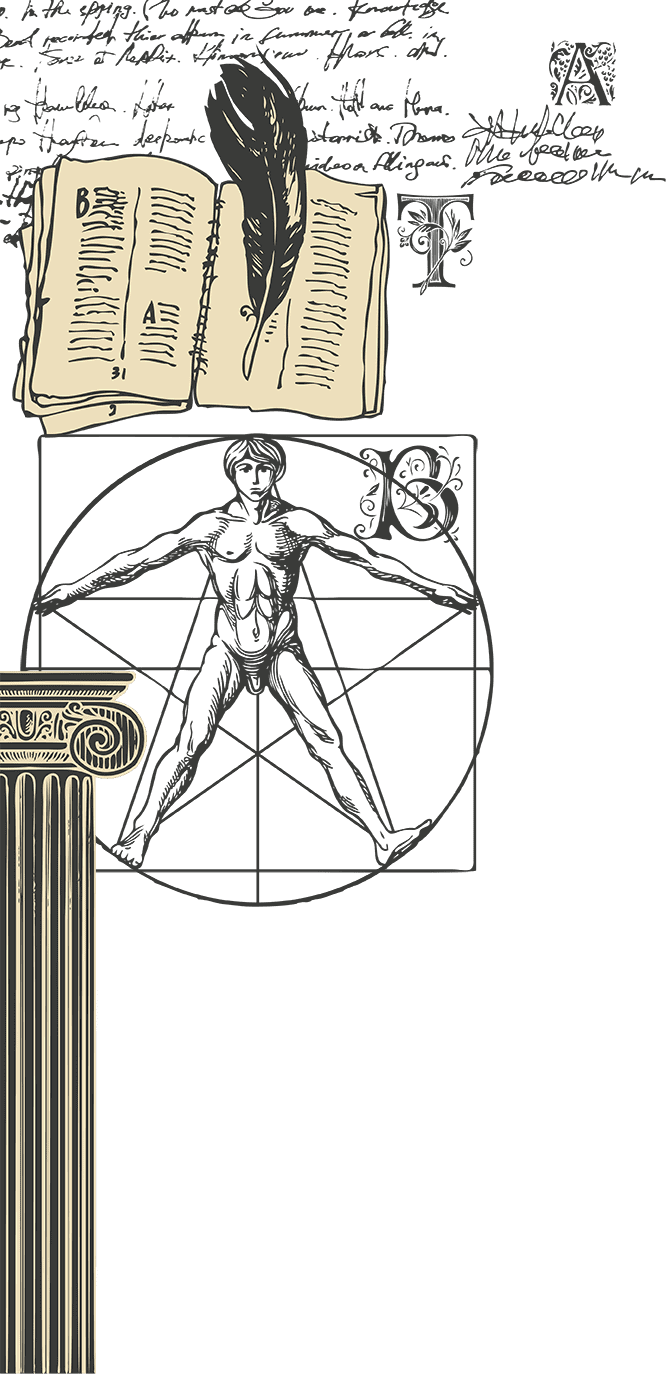
In the verdant, rolling hills of Scotland, there was a small, unassuming village where Ethan lived. He was a man of simple pleasures, devoting his days to the quiet sanctuary of his local library, immersing himself in the world of books. His life was a routine of peaceful solitude, punctuated by the warm memories of his late stepfather, Uncle Arthur, who had been more than just family to Ethan. Arthur was a man of distinct tastes, known far and wide for his impressive collection of rare whiskies.
When Arthur passed, he left Ethan a singular inheritance – an extraordinary bottle of whisky valued at a staggering 2.1 million pounds. This bottle was no ordinary item; it was a relic of history, a testament to the art of whisky making, a symbol of Arthur’s life and passions.
For Ethan, the bottle was a tangible link to Arthur, a reminder of the man who had shaped so much of his world. The thought of selling this priceless heirloom seemed unthinkable, almost a betrayal of the memories and love it represented. Yet, the idea of simply keeping it, unappreciated and gathering dust on a shelf, was equally unpalatable. And to drink it? That was out of the question. The value of the whisky made it more than just a beverage; it was a piece of history, impossible to consume without a sense of profound loss.
As the bottle took its place on Ethan’s mantle, it became a constant reminder of the dilemma he faced. News of his unique inheritance spread quickly, attracting attention from collectors and museums across the globe. Offers poured in, each more lucrative than the last, but Ethan refused them all. He often found himself lost in thought, staring at the bottle, remembering the evenings spent listening to Arthur’s stories and wisdom.
One of Arthur’s frequent musings echoed in Ethan’s mind, “The true worth of a whisky isn’t in its price, but in the stories it tells, the people it brings together.” This sparked an idea in Ethan, a solution that seemed to honor Arthur’s memory while resolving his predicament.
Ethan sought out a master glassblower, commissioning an exact replica of the bottle. The artisan’s skill was such that the replica was indistinguishable from the original. To Ethan, this replica held the same value – he would never have drunk the whisky due to its price, so for all practical purposes, it was identical to the original. It was the memory, the symbol of Arthur that mattered, not the liquid inside.
With the replica taking pride of place on his mantle, Ethan arranged to sell the original bottle. The auction drew international attention, and the final bid was beyond Ethan’s wildest expectations.
The proceeds from the sale were substantial. Ethan donated generously to charitable causes in Arthur’s name, ensuring his legacy would continue to benefit others. He also funded several local initiatives, particularly those focused on literacy and preserving the history of their village, causes dear to both him and Arthur.
In his home, the replica bottle stood as a monument to his stepfather’s spirit. Ethan had found a way to keep his memory alive, to share the essence of Arthur’s passion with the world, and yet retain a piece of him. In a blend of sentiment and practicality, Ethan had managed to sell the whisky and yet keep it, a testament to his love and respect for Arthur.
